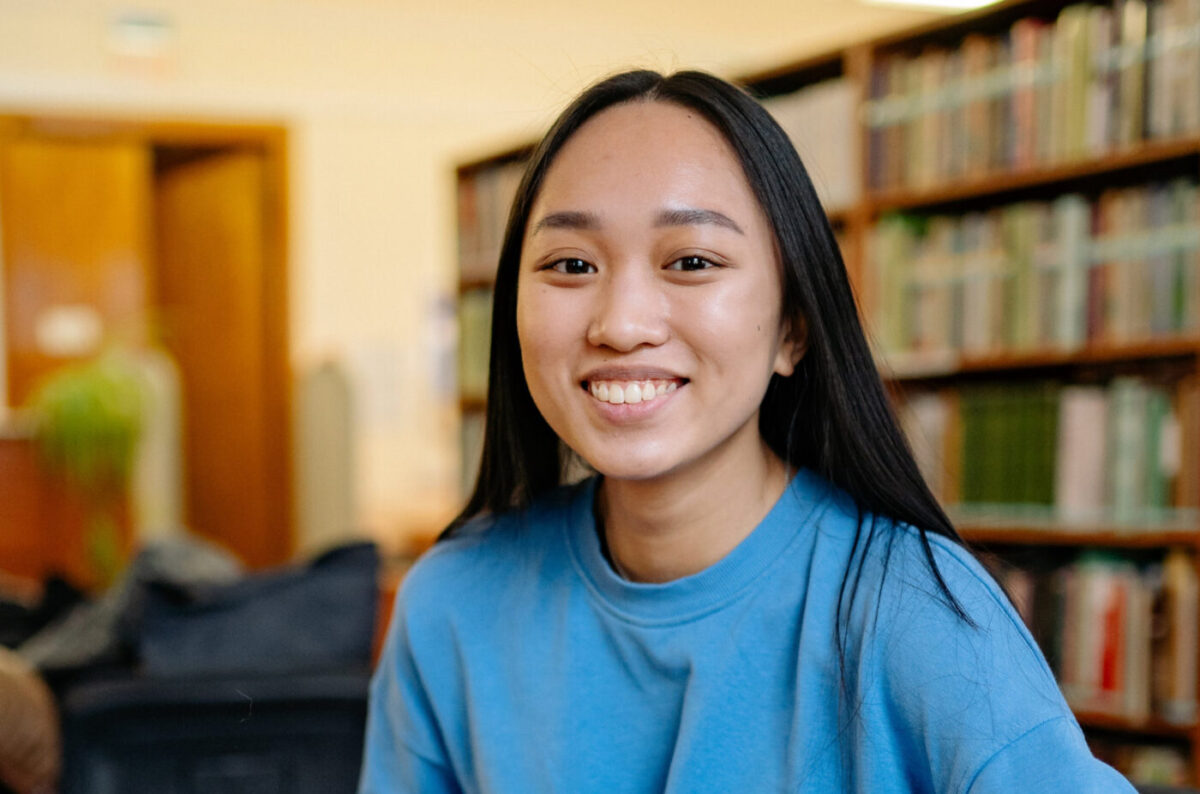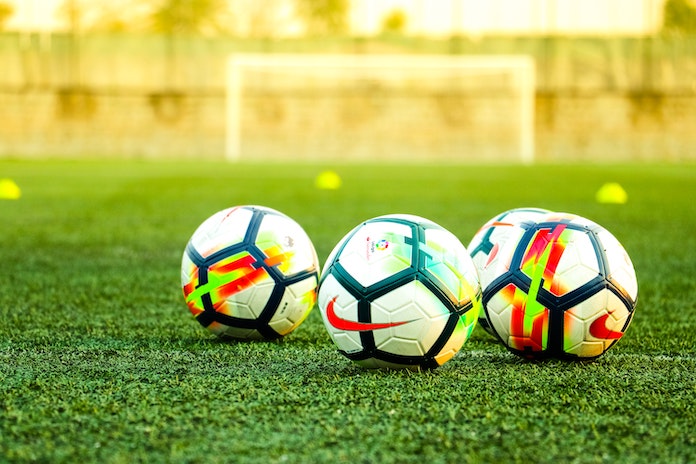In part one of our series, “Athletic Recruiting and College Admissions,” we answered your frequently asked questions about the nuts and bolts of athletic recruitment, including athletic conferences, divisions, and recruiting rules. Today, we’re diving deeper into your admissions-related questions to make this process more transparent.
ATHLETIC RECRUITING & COLLEGE ADMISSIONS FAQS
What role do coaches play in helping to advocate for prospective student-athletes?
Coaches have a vested interest in recruiting exceptional student-athletes who will pass muster in a rigorous admissions process. With a highly regulated recruitment process, athletic leagues have strict guidelines on when and how coaches can engage in conversations with potential recruits and when the coaches can ask for formal feedback from the admissions office on the likelihood that their priority recruits are up to snuff. At appropriate points in the calendar, coaches will give you feedback on where you stand, not only in terms of their interest in you, but in how the admissions office views your academic credentials. This early feedback does not replace your official application nor is it the same as an official acceptance letter. But a nod from the coach at this point in the process is an encouraging sign that you are a strong recruit.
In the aftermath of the 2019 Varsity Blues scandal, a criminal conspiracy to use falsified athletic credentials to influence admissions decisions at top colleges, tighter controls and strengthened oversight of athletic recruitment have been put in place to ensure the integrity of the recruitment process.
Who makes the admissions decision?
The admissions office has the sole responsibility for making admissions decisions and communicating those decisions to applicants. Coaches do not make admissions decisions, nor can they communicate those decisions to applicants in an official capacity.
When does athletic recruitment start?
Even before they begin to speak with prospective student-athletes, college coaches are hard at work building their recruiting class. Whether through observing showcase or tournament play, hosting or attending summer camps on college campuses, speaking with club and high school coaches, or online research, college coaches have a variety of ways to scout out the most promising high school athletes in each graduating class.
When can coaches initiate contact with student-athletes?
NCAA member schools have adopted a set of recruiting calendars which dictate when a college coach is allowed to initiate contact with prospective recruits. These calendars vary by sport, NCAA division, your age, and the type of communication. Generally, college coaches can begin reaching out to prospective recruits beginning June 15 of sophomore year or September 1 of junior year. Division II and III coaches timelines vary slightly. Check out the NCAA website for more details.
Do recruited athletes have to formally apply for admission?
Yes. Even if you have already been recruited by a coach, you must apply to college by the stated deadlines and using the same process (Common Application, Coalition Application, or school-specific application), just like all other students. And yes, your essays still matter!

Essay Guidance
Get our expert guidance on your college essays.
How much does being a recruited athlete impact the admissions process?
Exceptional athletic ability can be one of the most powerful hooks a student can have in the admissions process at all top schools. The impact of this hook will vary from school to school and sport to sport, but a top athletic recruit who meets academic, athletic, and character requirements will likely land at the top of any coach’s list.
Beyond just athletic talent, how do these top schools determine academic eligibility?
Any potential DI or DII athlete is required to be cleared by the NCAA Clearinghouse but the NCAA’s eligibility requirements are less strenuous than admissions requirements at top colleges.
Just like all applicants to top colleges, athletic recruits must demonstrate their readiness to excel in a rigorous college curriculum. In reviewing transcripts, admissions officers look for evidence of academic success in challenging high school coursework that is consistent with the requirements for all its students. In general, this includes 4 years of English, 3+ years of math (ideally including calculus), 3+ years of laboratory science, 3+ years of history/social studies, and 3+ years of a world language.
In addition, many schools use the academic index (AI) to ensure that admitted student-athletes are representative of the overall caliber of students admitted to these schools. Comprised of a student’s unweighted GPA and test scores, the AI is a calculation that combines a student’s overall academic performance into a single numerical score. As a rule, the average AI of student-athletes at these top academic schools must be within one standard deviation of the AI for all enrolling students.
Since the expansion of test-optional admissions policies, it’s likely some small percentage of recruited athletes (as well as non-recruited students) are admitted without test scores. In these cases, an AI can’t be calculated for every enrolling student, whether a recruited athlete or not. Nonetheless, there are likely clear protocols for determining eligibility and representativeness in these instances.
TTA Top Tip:
Even with an increasing number of schools going test optional, we still recommend our students prep well and test for either the SAT or ACT. Excellent test scores are simply another data point that student-athletes can use to differentiate themselves from others.
NAVIGATING THE PROCESS
At Top Tier Admissions, we follow a strict Code of Ethics as we help our students and student-athletes navigate the complicated admissions process. Our Senior Private Counselors work individually with students through every stage of the recruiting and application journey, which can vary greatly by sport and school. Contact us to learn more about our Private Counseling program, which offers unlimited time with the most trusted team in college admissions.
- Class of 2028 Admissions: A Cycle Marked by New Challenges - May 13, 2024
- Global Campuses, Dual Degree and Joint Degree Programs: What You Need to Know - April 29, 2024
- College Admissions: The Year in Review - December 27, 2023


